Sponsors








Books (Text)
eSheet (pdf file)


eTracks sound files

Sponsors


Free Services
Books (Text)
Statistics
Sponsors






03-Feb-2012
音乐训练积极影响身体协调性 -- ScienceDaily 网摘文章by Harley Jones |
  那些演奏手风琴(或其他乐器)或演唱的人毫无疑问知道:音乐对健康有益. 据我所知, 还没有演奏音乐乐器的身体协调性方面的研究, 我猜测:表演复杂乐器,如手风琴还对身体协调性有积极影响. 那些演奏手风琴(或其他乐器)或演唱的人毫无疑问知道:音乐对健康有益. 据我所知, 还没有演奏音乐乐器的身体协调性方面的研究, 我猜测:表演复杂乐器,如手风琴还对身体协调性有积极影响.如谁有兴趣,一篇最近的文章 ‘Music training has biological impact on aging process’ 从美国新闻网站ScienceDaily 复制在此… ScienceDaily (Jan. 30, 2012) — Age-related delays in neural timing are not inevitable and can be avoided or offset with musical training, according to a new study from Northwestern University. The study is the first to provide biological evidence that lifelong musical experience has an impact on the aging process. Measuring the automatic brain responses of younger and older musicians and non-musicians to speech sounds, researchers in the Auditory Neuroscience Laboratory discovered that older musicians had a distinct neural timing advantage. "The older musicians not only outperformed their older non-musician counterparts, they encoded the sound stimuli as quickly and accurately as the younger non-musicians," said Northwestern neuroscientist Nina Kraus. "This reinforces the idea that how we actively experience sound over the course of our lives has a profound effect on how our nervous system functions." Kraus, professor of communication sciences in the School of Communication and professor of neurobiology and physiology in the Weinberg College of Arts and Sciences, is co-author of "Musical experience offsets age-related delays in neural timing" published online in the journal Neurobiology of Aging. "These are very interesting and important findings," said Don Caspary, a nationally known researcher on age-related hearing loss at Southern Illinois University School of Medicine. "They support the idea that the brain can be trained to overcome, in part, some age-related hearing loss." "The new Northwestern data, with recent animal data from Michael Merzenich and his colleagues at University of California, San Francisco, strongly suggest that intensive training even late in life could improve speech processing in older adults and, as a result, improve their ability to communicate in complex, noisy acoustic environments," Caspary added. Previous studies from Kraus' Auditory Neuroscience Laboratory suggest that musical training also offset losses in memory and difficulties hearing speech in noise -- two common complaints of older adults. The lab has been extensively studying the effects of musical experience on brain plasticity across the life span in normal and clinical populations, and in educational settings. However, Kraus warns that the current study's findings were not pervasive and do not demonstrate that musician's have a neural timing advantage in every neural response to sound. "Instead, this study showed that musical experience selectively affected the timing of sound elements that are important in distinguishing one consonant from another." The automatic neural responses to speech sounds delivered to 87 normal-hearing, native English-speaking adults were measured as they watched a captioned video. "Musician" participants began musical training before age 9 and engaged consistently in musical activities through their lives, while "non-musicians" had three years or less of musical training. Recommend this story on Facebook, Twitter, and Google +1: Story Source: The above story is reprinted from materials provided by Northwestern University. The original article was written by Wendy Leopold. Journal Reference: Alexandra Parbery-Clark, Samira Anderson, Emily Hittner, Nina Kraus. Musical experience offsets age-related delays in neural timing. Neurobiology of Aging, 2012; DOI: 10.1016/j.neurobiolaging.2011.12.015 |







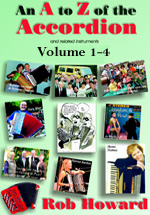








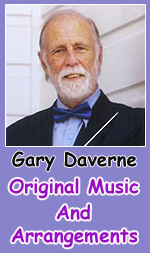








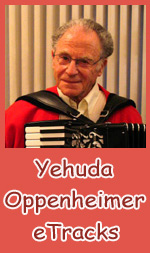

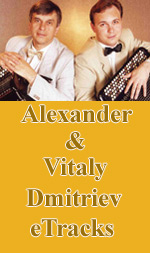



















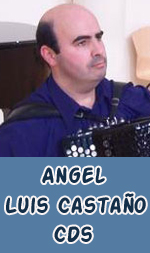












 分享
分享